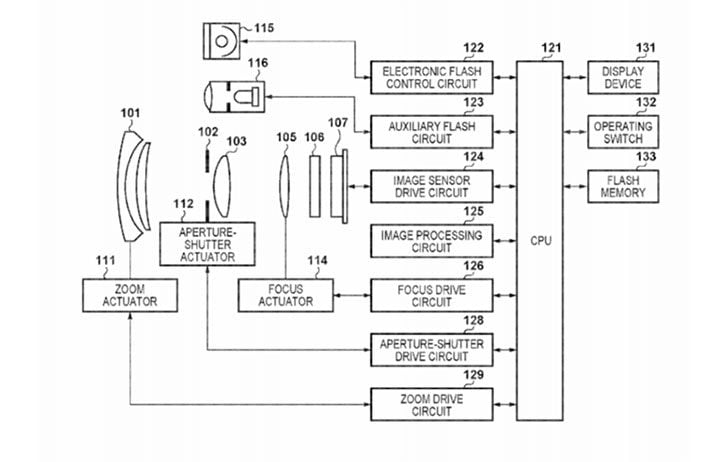A patent showing further improvements for DPAF sensors has appeared. It's obvious Canon is going to continue to improve one of its core technologies.
According to Canon News:
One of the problems with any phase detect system whether it be with a separate AF sensor such as with our DSLRs, or with the on sensor phase detect system used by Canon with Dual Pixel AF sensors, or other manufactures with their pixels / rows of phase detect pixels on the sensor is that lens aberrations can throw off the phase difference calculation.
In this patent application, canon processes the AF information as well as the lens information to further quantify the AF information and come up with a more precise value. Read More….
From US Patent Application 20180205873:
A phase difference focus detection method (phase difference AF) is known as an automatic focus detection (AF) method used in an image capturing apparatus. The phase difference AF is an AF which is often used in digital still cameras, and some image sensors are used as focus detection sensors. In Japanese Patent Laid-Open No. 2008-52009, in order to perform focus detection based on the pupil division method, a photoelectric conversion unit of each pixel constituting an image sensor is divided into a plurality of portions, and the divided photoelectric conversion units receive light fluxes having passed through different regions of the pupil of the photographing lens via the lens via a microlens.
The phase difference AF can simultaneously detect the focus detection direction and the focus detection amount based on a pair of signals obtained from focus detection pixels formed in the image sensor, and it is possible to perform focus adjustment at high speed. On the other hand, since the phase difference AF utilizes a phase difference between optical images to perform focus detection, the aberration of the optical system which forms an optical image may cause an error to the focus detection result; therefore, a method for reducing such error has been suggested.

